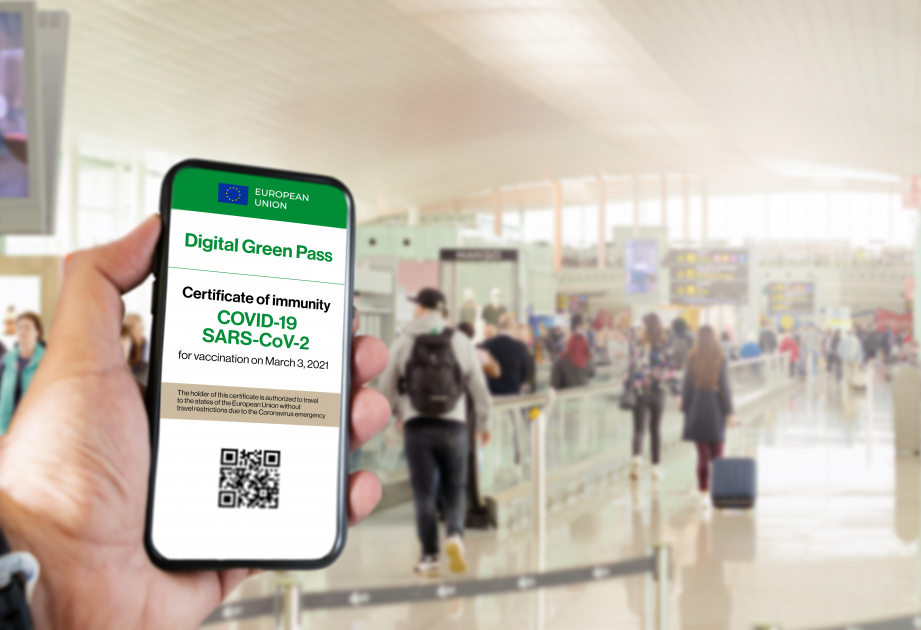The International Air Transport Association (IATA) warned of potential airport chaos unless governments move quickly to adopt digital processes to manage travel health credentials (Covid-19 testing and vaccine certificates) and other measures.
Nobody will tolerate waiting hours at check-in or for border formalities. We must automate the checking of vaccine and test certificates before traffic ramps-up. The technical solutions exist. But governments must agree digital certificate standards and align processes to accept them. And they must act fast.
Willie Walsh, IATA’s Director General
The impacts will be severe:
- Pre-Covid-19, passengers, on average, spent about 1.5 hours in travel processes for every journey (check-in, security, border control, customs, and baggage claim).
- Current data indicates that airport processing times have ballooned to 3.0 hours during peak time with travel volumes at only about 30% of pre-Covid-19-19 levels. The greatest increases are at check-in and border control (emigration and immigration) where travel health credentials are being checked mainly as paper documents.
- Modelling suggests that, without process improvements, the time spent in airport processes could reach 5.5 hours per trip at 75% pre-Covid-19 traffic levels, and 8.0 hours per trip at 100% pre-COVID-19 traffic levels.

“Without an automated solution for Covid-19 checks, we can see the potential for significant airport disruptions on the horizon. Already, average passenger processing and waiting times have doubled from what they were pre-crisis during peak time—reaching an unacceptable three hours. And that is with many airports deploying pre-crisis level staffing for a small fraction of pre-crisis volumes. Nobody will tolerate waiting hours at check-in or for border formalities. We must automate the checking of vaccine and test certificates before traffic ramps-up. The technical solutions exist. But governments must agree digital certificate standards and align processes to accept them. And they must act fast,” said Willie Walsh, IATA’s Director General.
Over the past two decades air travel has been reinvented to put passengers in control of their journeys through self-service processes. This enables travelers to arrive at the airport essentially “ready to fly”. And with digital identity technology, border control processes are also increasingly self-service using e-gates. Paper-based COVID-19 document check would force travelers back to manual check-in and border control processes that are already struggling even with low volumes of travelers.
What are the solutions?
If Governments require COVID-19 health credentials for travel, integrating them into already automated processes is the solution for a smooth restart. This would need globally recognized, standardized, and interoperable digital certificates for Covid-19 testing and vaccine certificates.
Digitalized certificates have several advantages:
- Avoiding fraudulent documentation
- Enabling advance “ready-to-fly” checks by governments
- Reducing queuing, crowding and waiting time in airports through integration with self-service check-in (via the internet, kiosks or mobile phone apps)
- Increasing security through integration with digital identity management being used by border control authorities
- Reducing the risk of f virus transmission via the person-to-person exchange of paper documents
The G20 has identified a similar solution. The G20 Rome Guidelines for the Future of Tourism call for a common international approach on Covid-19 testing, vaccination, certification, and information as well as promoting digital traveler identity.












